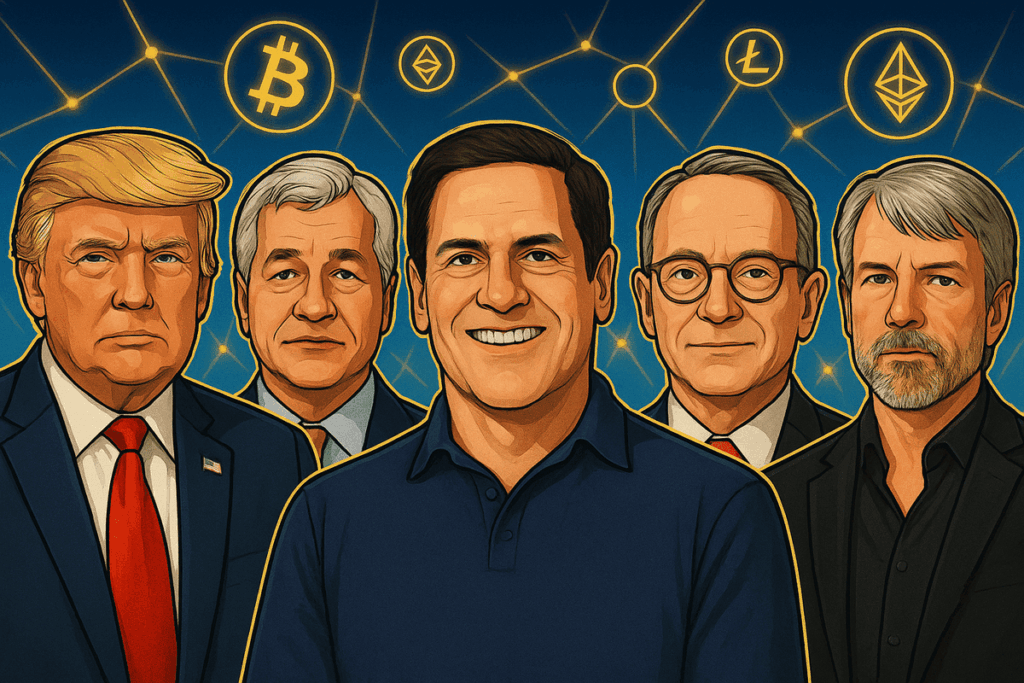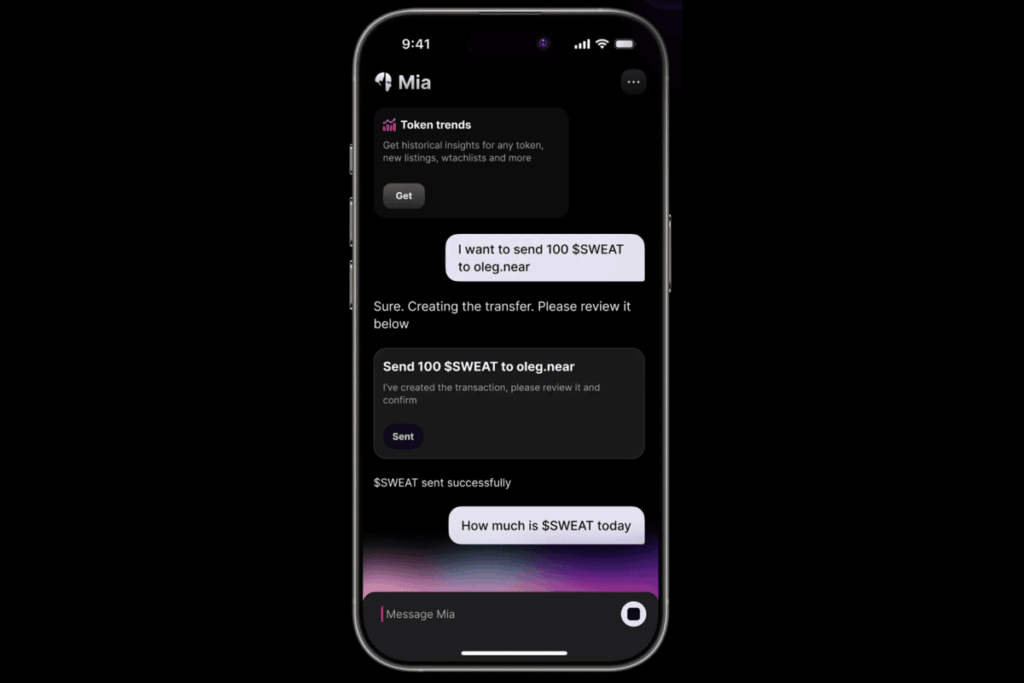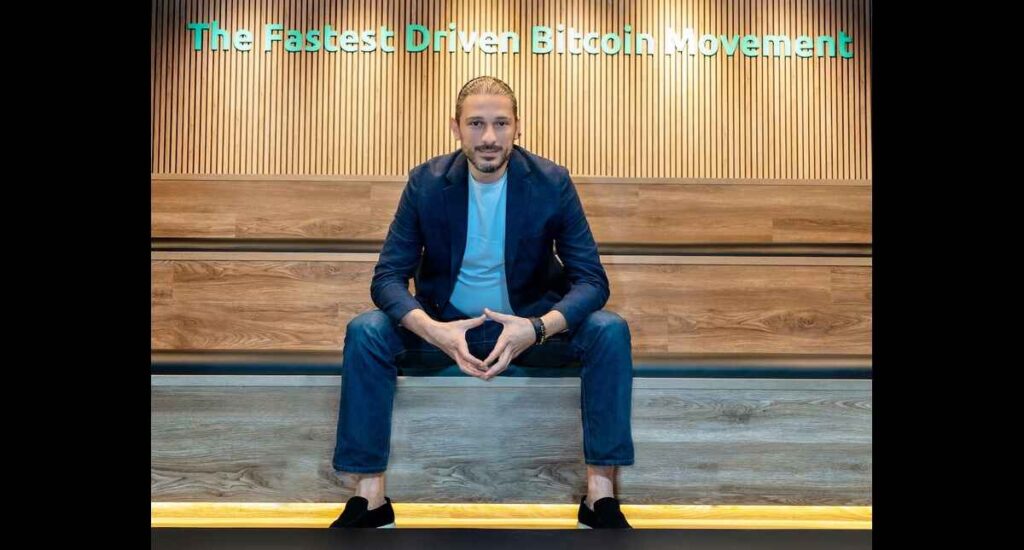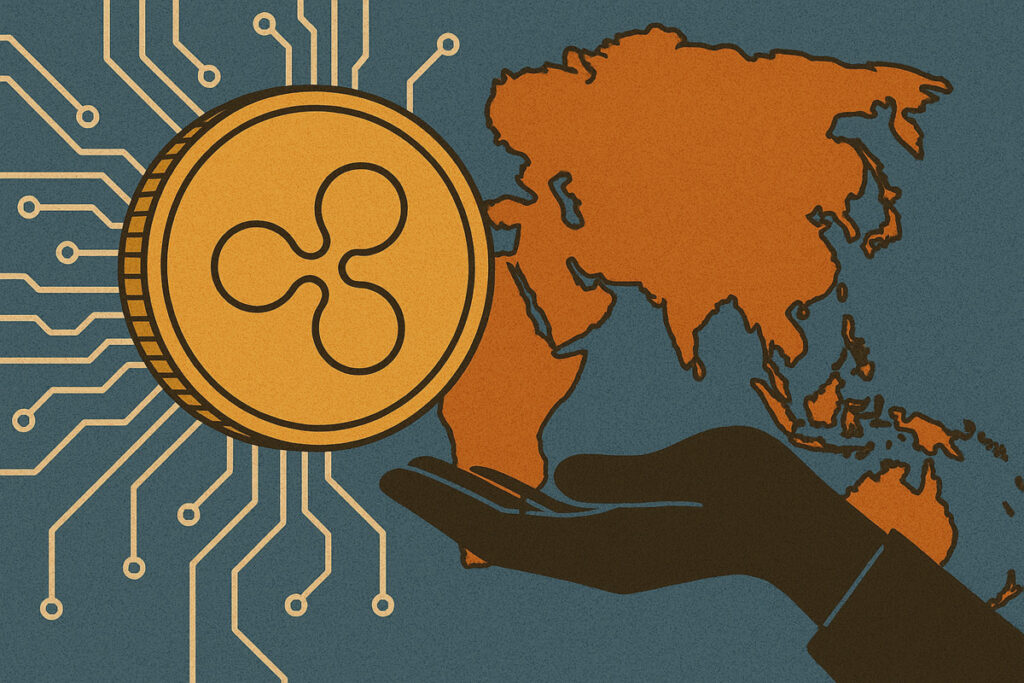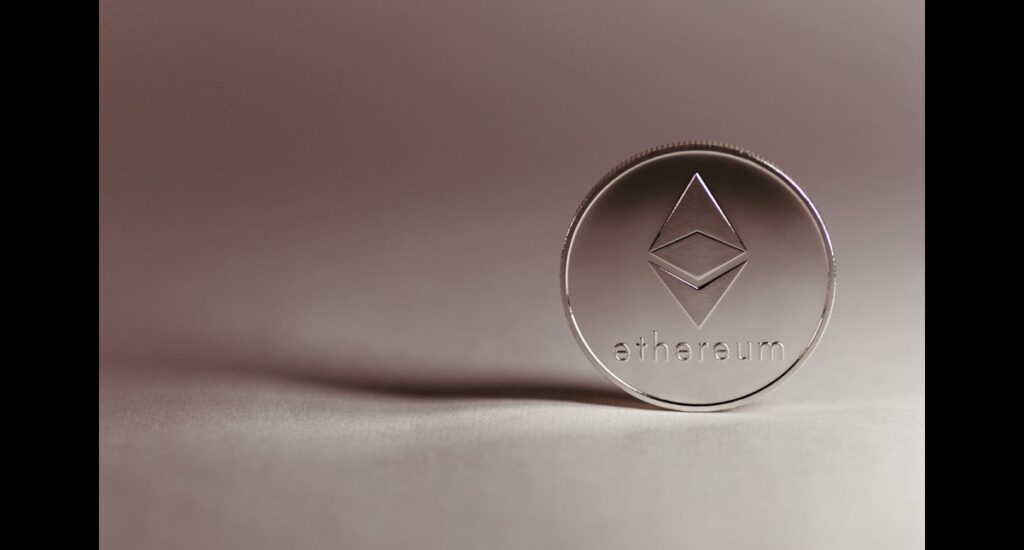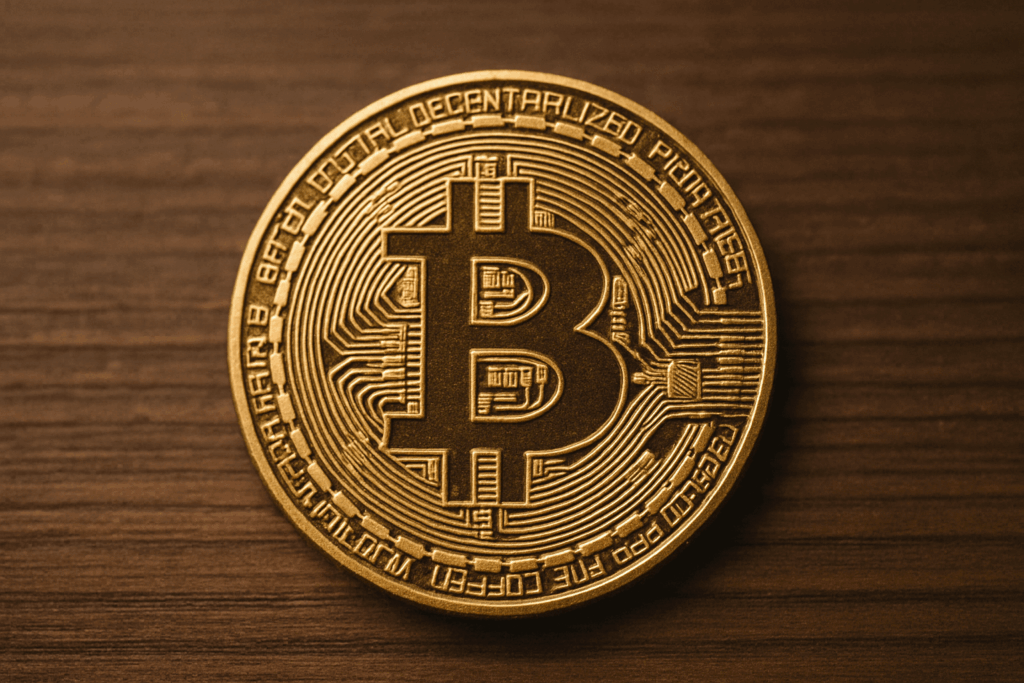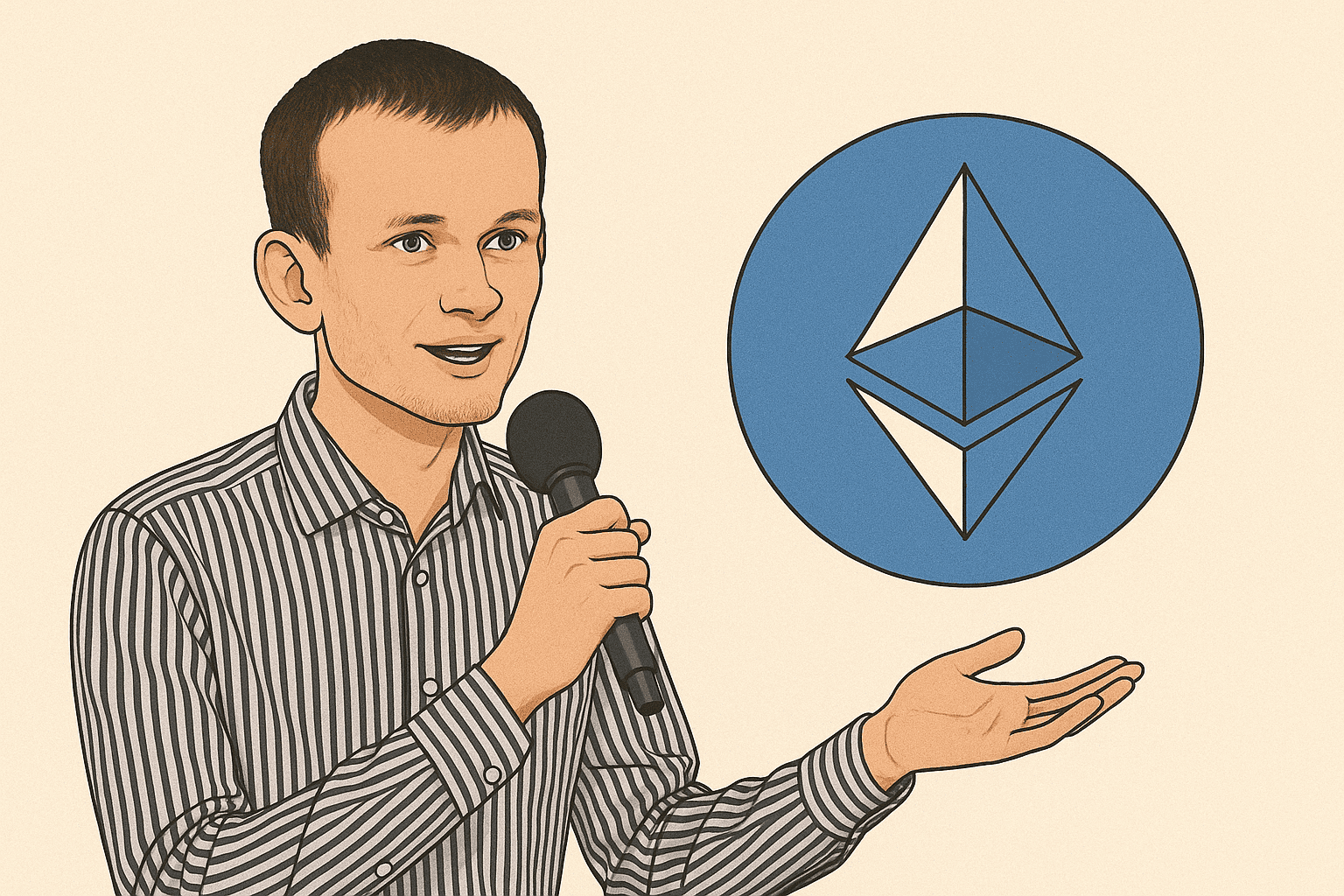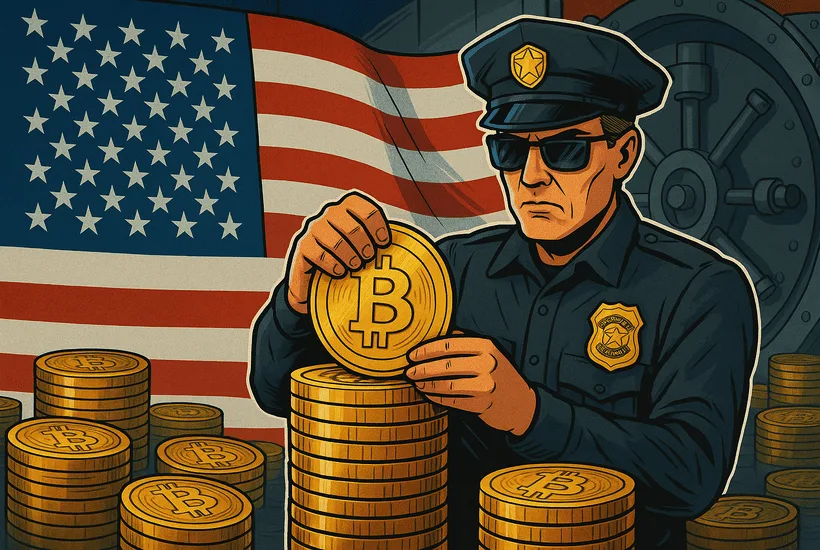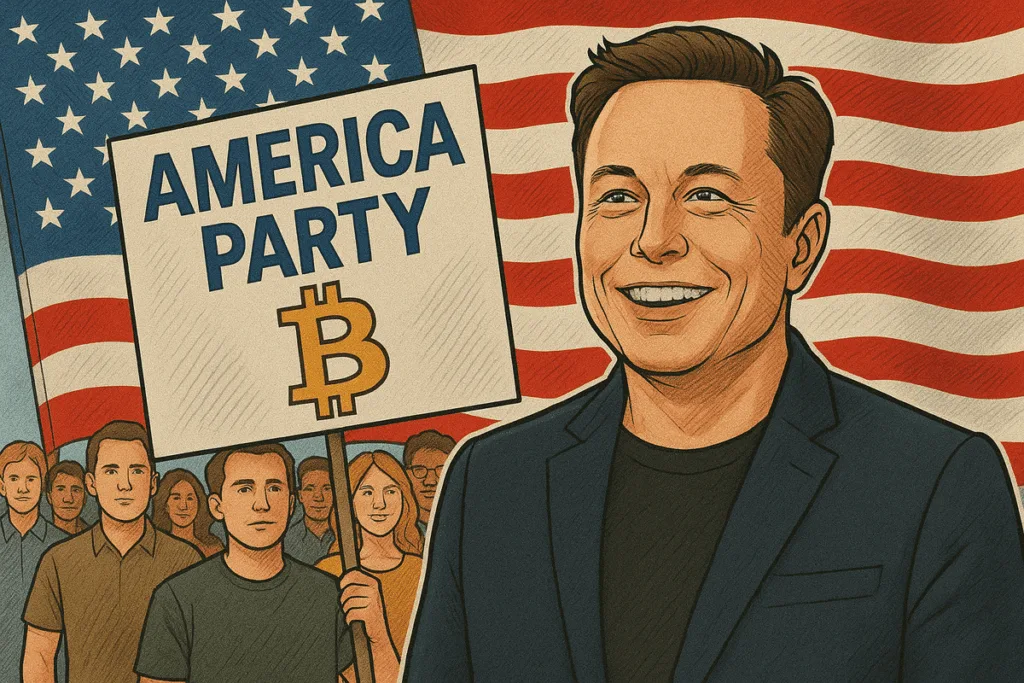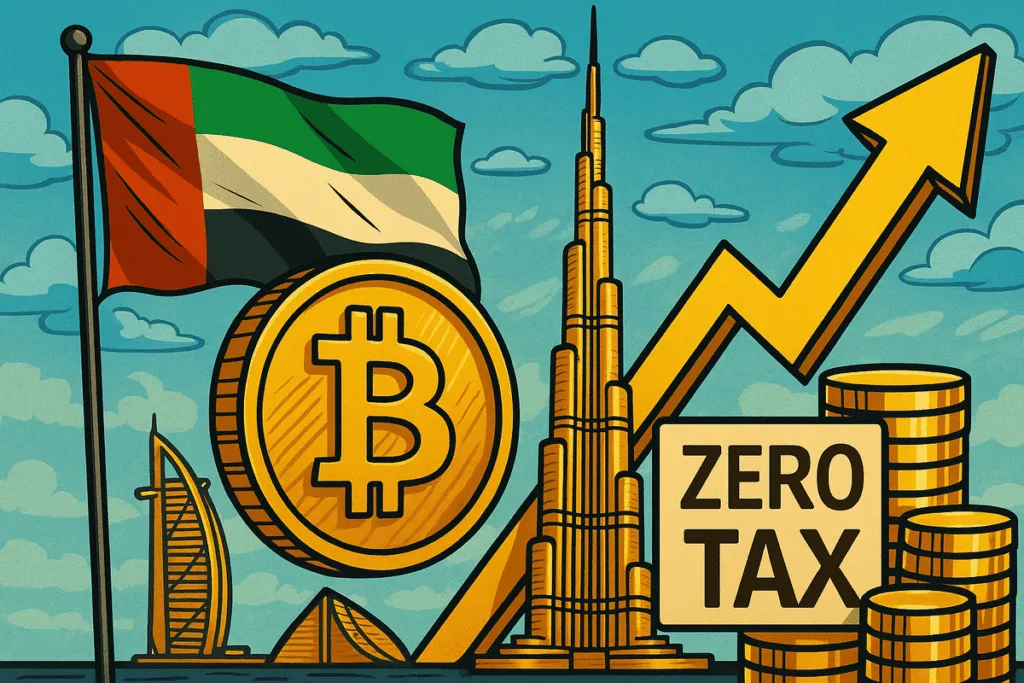- U.S. President Donald Trump was initially anti-crypto before completely pivoting his portfolio to include digital assets in his second presidential term
- Michael Saylor said Bitcoin’s days are numbered and that it would eventually suffer the same fate as gambling
- Mark Cuban expressed strong doubt on whether Bitcoin could be considered a reliable currency
Cryptocurrency as an asset class for investment initially attracted a lot of opposition from traditional CEOs who were unsure about the idea of blockchain. At one point, Warren Buffett called Bitcoin “rat-poison squared”. Peter Schiff—a well-known Bitcoin critic—regularly bashes the idea of cryptocurrency on X, suggesting that gold and traditional stocks are better investments.
As time progressed, a lot of businessmen and politicians slowly changed their minds, either becoming cryptocurrency advocates or investing heavily in digital assets. This list covers five of the biggest personalities who initially hated the idea of Bitcoin but have over time switched sides.
Donald Trump
Newsletter
Get weekly updates on the newest crypto stories, case studies and tips right in your mailbox.
Although U.S. President Donald Trump is now pro-crypto, with an administration that is trying to pass legislation that would enable wider use of digital assets, the former real estate mogul wasn’t always friendly to the idea of cryptocurrency. During his first term, Donald Trump was opposed to the idea of cryptocurrency,
In 2019, Donald Trump posted on X about the idea of digital assets, saying he wasn’t a fan of it because of its high volatility, lack of value, and its ability to enable criminal activity such as money laundering and drug dealing.
Then two years later, Trump again expressed his reservations about the idea of cryptocurrency in a 2021 interview with Fox News, specifically emphasizing the importance of having a strong dollar and not losing focus on maintaining that because of cryptocurrency.
“Well, I never loved it because I liked to have the dollar. I think the currency should be the dollar, so I was never a big fan. But it’s building up bigger and bigger…. Look, I want to have a currency called the dollar…. I think it’s a very dangerous thing,” said Donald Trump.
Compared to his previous stance, his second term as president saw a rollout of cryptocurrency-friendly legislation.
His decisions in the White House so far, when it comes to enabling better conditions for cryptocurrency, include choosing Paul Atkins as the head of the SEC; signing an executive order to advance digital assets; and withdrawing the SAB 121 accounting rule under the SEC—this rule required banks and financial institutions to report crypto as a liability on the balance sheet.
Trump has also been active in crypto investments through members of his family. Using a business entity, Trump owns 60% of World Liberty Financial, a cryptocurrency firm that launched the USD1 token and manages Trump’s holdings and earnings from digital assets.
Jamie Dimon
The current CEO of investment bank J.P. Morgan has been known to repeatedly bash cryptocurrency, particularly Bitcoin. Along with Peter Schiff, he remains one of the longest-standing critics of cryptocurrency. During a House Hearing on Bank Oversight, Jamie Dimon said, “I’m a major skeptic on crypto tokens, which you call currency, like Bitcoin. They are decentralized Ponzi schemes,”
“There are use-cases, AML, Fraud, Anti-Money Laundering, Tax avoidance, sex-trafficking. Those are real use cases, and you see it being used for $50 billion to $100 billion a year for that. That is the end use case. Everything else is people trading among themselves,” Jamie Dimon said in an interview in January 2024 with CNBC when he was asked about Bitcoin.
While Jamie Dimon has not changed his personal stance, J.P. Morgan has now expanded into crypto through a series of initiatives. Despite his skepticism, Jamie Dimon said in May 2025 that clients of J.P. Morgan will be allowed to buy Bitcoin. However, he clarified that the bank will not custody the asset class.
“We are going to allow you to buy it…We’re not going to custody it. We’re going to put it in statements for clients,” said Dimon.
J.P. Morgan also launched the JPMD token on Coinbase’s Base chain for institutional investors who want to access dollar deposits. The JPMD token will function as a deposit token that the bank transfers from its own digital wallet to Coinbase Global.
Mark Cuban
In 2019, Mark Cuban expressed strong doubt—in an email secured from a Forbes feature— when asked whether he thought Bitcoin could be considered a reliable currency.
“No chance… Not because it can’t work technically, although there are challenges, it could, but rather because it’s too difficult to use, too easy to hack, way too easy to lose, too hard to understand, too hard to assess a value,” Cuban said. He attributed the vast number of rival cryptocurrencies to Bitcoin as another reason why the currency would be used as a payment method.
Over the years, Mark Cuban’s opinion towards cryptocurrency has softened, and he has invested in various niches in crypto. He minted his first NFT in 2021 and, after, went on to invest in Dogecoin, Ethereum, and Bitcoin. He has repeatedly endorsed Bitcoin and likened it to digital gold.
Howard Marks
Writer and investor Howard Marks—who is head of Oaktree Capital Management—bashed cryptocurrencies as “not real” in a 2017 memo. He also talked about the U.S. economy at length, including traditional stocks, the Volatility Index, debt, and other key issues.
“Maybe I’m just a dinosaur, too technologically backward to appreciate the greatness of digital currency. But it is my firm view that the ability of these things to gain acceptance is just one more proof of the prevalence today of financial naivete, willing risk-taking, and wishful thinking,” wrote Marks.
Later on in a 2021 interview with The Korea Economic Daily, Marks changed his stance on Bitcoin, saying that demand for the nascent asset class was growing.
“When it first became well known, which was 2017 I believe, I was very dismissive of it because it doesn’t have intrinsic value,” said Marks. “But there are a lot of things that people want and value highly, which have no intrinsic value. The supply is fixed by the software … so it can’t expand much, unlike the dollar which can be printed in infinite amounts. And the demand is growing because more people are interested in it.”
Michael Saylor
While Michael Saylor today is known for his large purchases of Bitcoin under his flagship company, Strategy, the entrepreneur wasn’t always known for being pro-crypto. In a 2013 X post, Michael Saylor downgraded the coin.
“#Bitcoin days are numbered. It seems like just a matter of time before it suffers the same fate as online gambling,” tweeted Michael Saylor.
The post didn’t age well as today, Strategy is the largest corporate holder of Bitcoin with a stash of 592,345 BTC. The company regularly buys Bitcoin in bulk, and Saylor is a notable promoter of the currency, often posting about it on X. Strategy now offers three classes of preferred stock: STRF, STRK, and STRD, all issued for the purpose of raising money to buy Bitcoin. In addition to this, Saylor regularly gives keynote speeches on the utility and growth of cryptocurrencies as an emerging asset class.
DISCLAIMER
This article is for informational purposes only and does not constitute financial, investment, or legal advice. Readers are encouraged to conduct their own research and consult with professional advisors before engaging in any financial activities involving cryptocurrencies.
